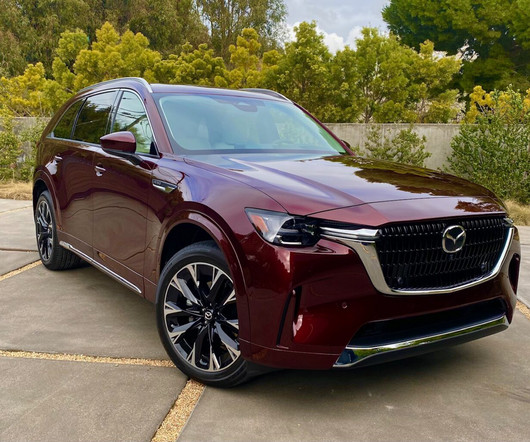EIA projects decline in transportation sector energy consumption through 2037 despite increase in VMT, followed by increase
Green Car Congress
JANUARY 28, 2019
EIA’s Annual Energy Outlook 2019 projects continued robust growth in US energy production, emergence of the United States as an energy exporter, and a cleaner S electric power generation mix. This growth arises from increases in air transportation outpacing increases in aircraft fuel efficiency. trillion miles in 2018 to 3.5





















Let's personalize your content